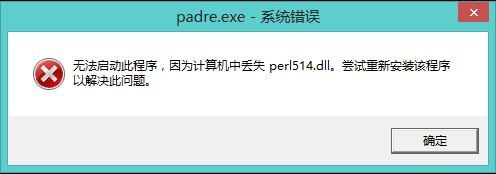从理论上讲,你可以
mix in a role into an object in runtime.所以我试着用一个函数做到这一点:
my &random-f = -> $arg { "Just $arg" };
say random-f("boo");
role Argable {
method argh() {
self.CALL-ME( "argh" );
}
}
&random-f does Argable;
say random-f.argh;
在角色中,我使用self来引用已定义的函数,并使用CALL-ME来实际调用角色中的函数.但是,这会导致以下错误:
Too few positionals passed; expected 1 argument but got 0 in block <unit> at self-call-me.p6 line 5
我真的不知道谁会期待一个论点.从理论上讲,它应该是CALL-ME功能,但谁知道呢.消除自我.产生一个不同的错误:在第11行使用CALL-ME.添加Callable到Argable(放回自我后)导致相同的错误.可以这样做吗?怎么想?
解决方法
您的代码中有两个不正确的内容:
say random-f.argh; # *call* random-f and then call .argh on the result
你想在Callable上调用.argh:
say &random-f.argh;
其次,你应该能够调用self:你可以在.argh方法的签名中调整它:
method argh(&self:) {
所以最终的代码变成:
my &random-f = -> $arg { "Just $arg" };
say random-f("boo");
role Argable {
method argh(&self:) {
self( "argh" );
}
}
&random-f does Argable;
say &random-f.argh;



